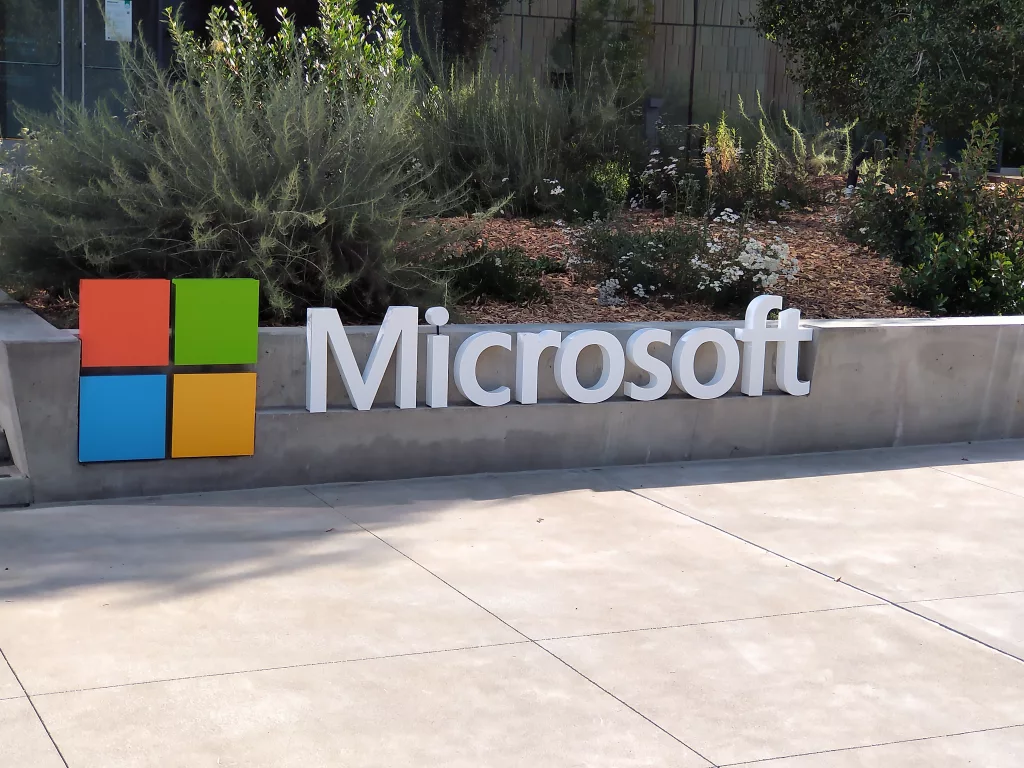The telecoms sector has called on its supply chain to implement new best practices for decarbonisation. Business technology journalist Antony Savvas looks at this and other developments.
Data from the Net Zero Tracker initiative show that nearly seven years on from the Paris Agreement, just 57% of the world’s largest 2,000 companies by revenue have made a commitment to reduce their carbon dioxide emissions. And only 43% of those have committed to net-zero or science-based targets.

But, as analysis from epi Consulting shows, the telecoms industry is bucking the trend. The Joint Alliance for CSR corporate social responsibility (JAC), an industry body made up of 26 of the world’s biggest telecoms companies, has worked to bring the industry into alignment with the latest scientific evidence on the climate and the changes necessary to reduce its carbon footprint.
So far, 93% of JAC members have committed to net-zero and science-based targets. And JAC members have also worked to extend their commitments beyond directly controlled business emissions, known as Scope 1 and Scope 2 emissions, to emissions produced across the value chain, known as Scope 3 emissions.
Scope 3
“This move reflects a recognition of the growing need to address Scope 3 emissions across telecoms,” says John Spear, director at epi Consulting. “The majority of a company’s overall carbon footprint falls under Scope 3, making it the single largest area of potential impact for companies working to combat climate change.”

Just 31% of the world’s largest 2,000 companies have set a Scope 3 emissions target. By contrast, 88% of JAC members have Scope 3 reduction targets in place.
Carlo Drauth, chair of JAC climate change workstream, and head of sustainability and responsible business at Telefonica, adds, “As an industry, we have already set ambitious targets and taken concrete measures to reduce our emissions and mitigate climate change. However, most of our carbon footprint lies beyond our direct operations. Our supply chain is a significant contributor to emissions, and to achieve our targets, we must work together to reduce our collective carbon footprint.”
JAC’s membership includes 2degrees, A1 Telekom Austria, Airtel, AT&T, Bouygues Telecom, BT, Deutsche Telekom, Elisa, KPN, MTN, NTT, Nuuday, Orange, Proximus, Spark, Swisscom, T-Mobile Netherlands, TDC, Telecom Italia, Telefónica, Telenor, Telia Company, Telstra, Telus, Verizon and Vodafone.
Blockchain

Building a decentralised telecoms industry with blockchain can make supply chains more efficient, and potentially help with sustainability targets too.
As organisations become increasingly data-driven, telcos have substantial opportunities to reinvent themselves, with blockchain playing a vital role in this process.
As telcos begin to explore and implement blockchain technology across OSS (operations support systems) and BSS (business support systems), they are shifting to a decentralised industry. As a result, telcos can reshape how they operate and provide services to their customers, while also enhancing security and efficiency, further enabling transparency, improving identity management and storage, and enabling quicker transactions.
“There are a variety of ways telcos can benefit from utilising blockchain, from new supply chains, partnerships and identity management, to securing payments and billing,” says Kelvin Chaffer, chief executive officer of Lifecycle Software.
Top five uses
Here are Chaffer’s top five blockchain uses for telcos:

- Secure mobile payments and billing: Blockchain can enable secure and efficient mobile payment and billing systems. It allows customers to make direct payments to telecom providers using cryptocurrency or digital tokens, decreasing the need for intermediaries, and in turn, lowering transaction fees.
- Enhanced identity management: Blockchain can build a safe, decentralised identity management system for telecom customers. This further prevents identity theft and fraud and simplifies managing personal customer information.
- Unique supply chain management and partnerships: Telcos rely on a complex network of suppliers and vendors to deliver services. Utilising blockchain can help build a secure and transparent supply chain management system, allowing providers to track the flow of goods and services from suppliers to end users.
This also opens the door for additional partnerships and customer loyalty programmes between vendors in which points are exchanged for various “rewards”. Blockchain enables instant redemption for multiple currencies, all from a single wallet. For instance, Starbucks is among the first to integrate blockchains and NFTs into its experimental loyalty programme.
- Amplified IoT connectivity: Blockchain enables secure and efficient connectivity for IoT devices. IoT devices can communicate directly with one another using blockchain, which can decrease the need for intermediaries while also reducing latency.
- Simplified porting: Porting is essential for subscribers to keep the same number between operators, yet historically the process has been centralised and complicated. Using blockchain for porting enables regulators to create efficient contracts to manage the process better, improving the customer experience and lowering regulatory costs.
Buying your supply chain partner?
There are companies, such as Apple or Amazon, that could afford to buy most of their partners, if they wanted to. But they don’t do that as it potentially distorts the market and reduces the potential innovation those partners could bring to the market themselves, for the long-term benefit of all.

Over in Holland, KPN has just acquired Youfone’s Dutch activities for around €200 million. Youfone is one of its mobile virtual network operators (MVNOs), but, I ask, why bother acquiring it? Youfone already has 540,000 customers on KPN’s networks and is growing fast.
“Youfone is a fast-growing and challenging telecom operator with a distinctive brand that KPN is pleased to add to its portfolio,” says KPN. “With this acquisition, KPN materially strengthens its position in the mobile and broadband markets.”
So, for the sake of buying up market-share it wasn’t responsible for building up, KPN now risks spoiling a beautiful relationship, potentially hindering further growth for its products and services.
While KPN and Youfone “expect to achieve further growth in the coming years” by “continuing the efficient operating model that Youfone has been able to successfully implement”, past experience shows innovation often comes through proper independence.
Cloud supply wars
Google has publicly complained to the US Federal Trade Commission about alleged anti-competitive practices by cloud services rival Microsoft, who it accuses of unfair licensing terms to “lock-in clients”.

Google, of course, has faced its own anti-market charges over the years from both the US and UK governments, and the European Commission. Now, it is arguing that as Microsoft is dominant with its Windows Server and Microsoft Offices products, it can make it difficult for its clients to use anything other than its Azure cloud service.
Microsoft’s licensing is a “complex web” that prevents firms from diversifying their software vendors, it claims.
Mark Boost, CEO of Civo, says, “It is disheartening to see the persisting issue of anti-competitive practices in the cloud computing industry. The recent developments involving Google, the FTC, and Microsoft have again illustrated the urgent requirement for the needs of cloud users to be put first.”
The author is Antony Savvas, a global freelance business technology journalist.
Comment on this article below or via Twitter: @VanillaPlus OR @jcvplus






